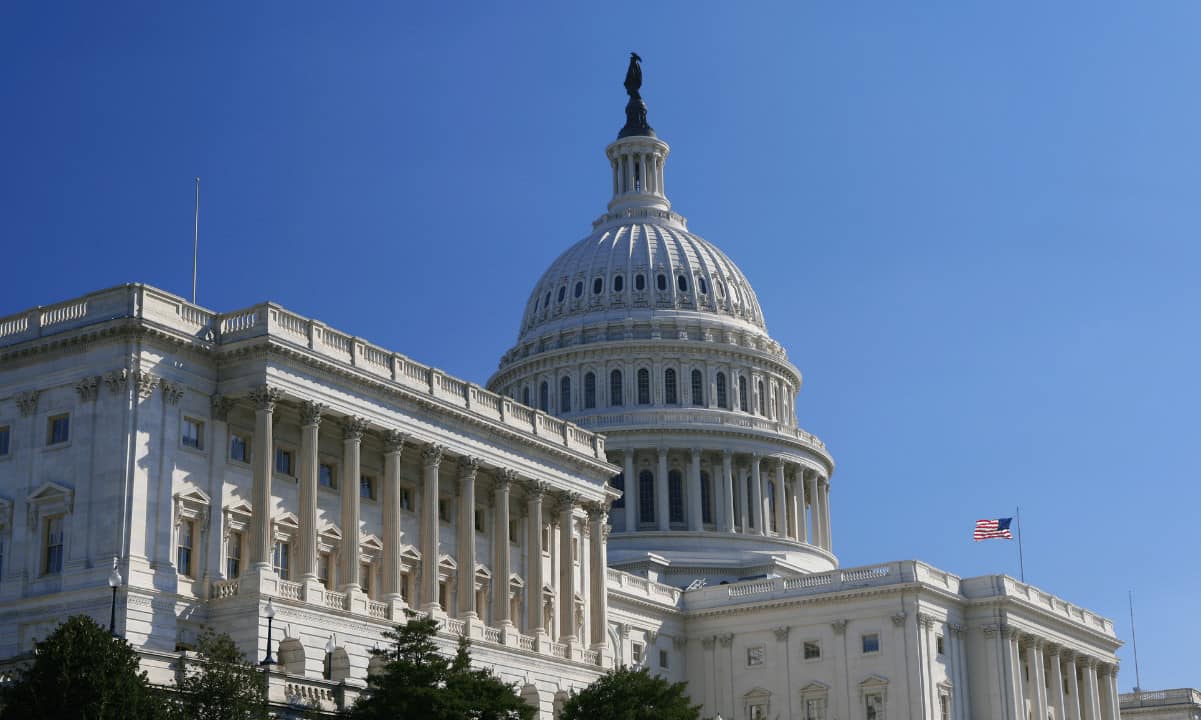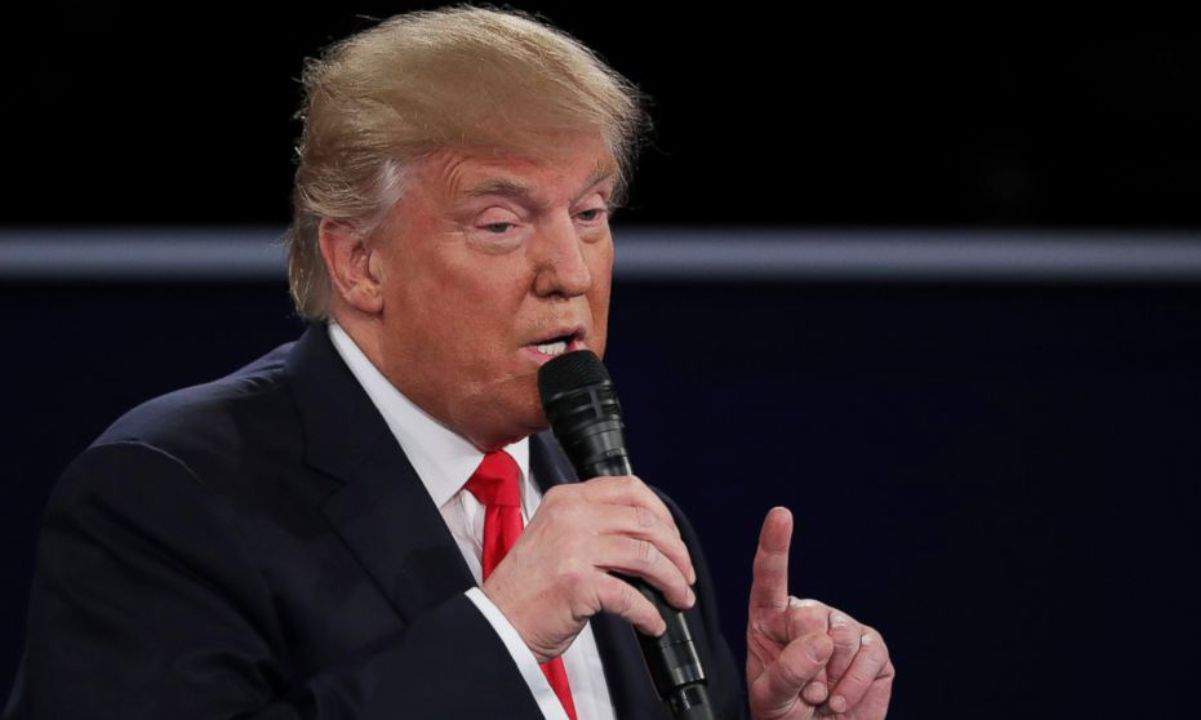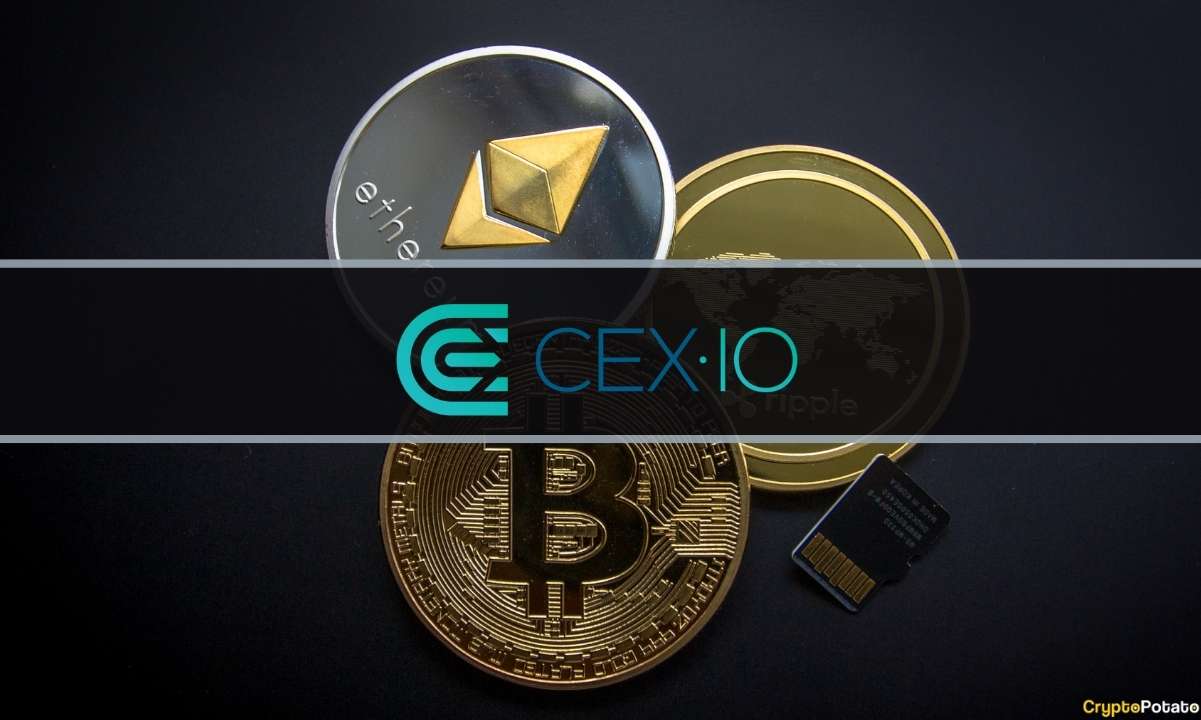What Does the US FinCEN License Mean for Huobi?
Huobi’s subsidiary, HBIT, has received a license from the US Financial Crimes Enforcement Bureau’s (FinCEN) Money Services Business Registration (MSB). This will help the cryptocurrency exchange to conduct digital currency-related business in the US in the future.
Huobi’s US Push
The Chinese cryptocurrency exchange attempted to enter the US market in 2018 but withdrew immediately. Barely one year after setting up its business in the country, Huobi ceased operations.
During that time, Huobi promised that it would return to the market in a “more integrated and impactful fashion.” According to one of the company’s co-founders Du Jun, Huobi lacked “a strong commitment to the market” as well as “a good management team.”
Huobi believes the FinCEN license would create a foundation for it to carry out operations in the US. The MSB license would allow the exchange’s brokerage business of Huobi Technology to carry out the foreign exchange (Dealer in Foreign Exchange) and money transfer (Money Transmitter) operations throughout the country.
As per CoinGecko, Huobi is one of the top 10 biggest cryptocurrency exchanges by trading volume globally. US entry would put the company in competition with the likes of Coinbase.
“In the future, Huobi Technology is expected to further provide users in the United States with safe and compliant digital asset services and consolidate the momentum of international business expansion.”
Global Expansion
The US push comes at a time when Huobi was reported to be struggling amidst the market downturn. Rumors about potential downsizing emerged in June as the exchange recorded a steep decline in revenue.
The removal of all Chinese users was touted to be one of the key reasons. It is important to note that Huobi had retired all the existing Chinese users’ accounts by the end of 2021 and relocated its Asian headquarter to Singapore.
Losing out on Chinese users cost 30% of revenue for the exchange but also gave an impetus for global expansion, the US being one of the main venues.
Additionally, Huobi Group scored the Innovation License under the Dubai International Financial Centre (DIFC) last month. While the DIFC is not a trading license, it would unlock several doors for the exchange in terms of access to the local tech ecosystem and preferential treatment for technology research and developments, capital repatriation, and taxes.
Huobi has also secured a new license from New Zealand’s Financial Services Provider Register (FSPR) to provide its crypto trading services in the country.









